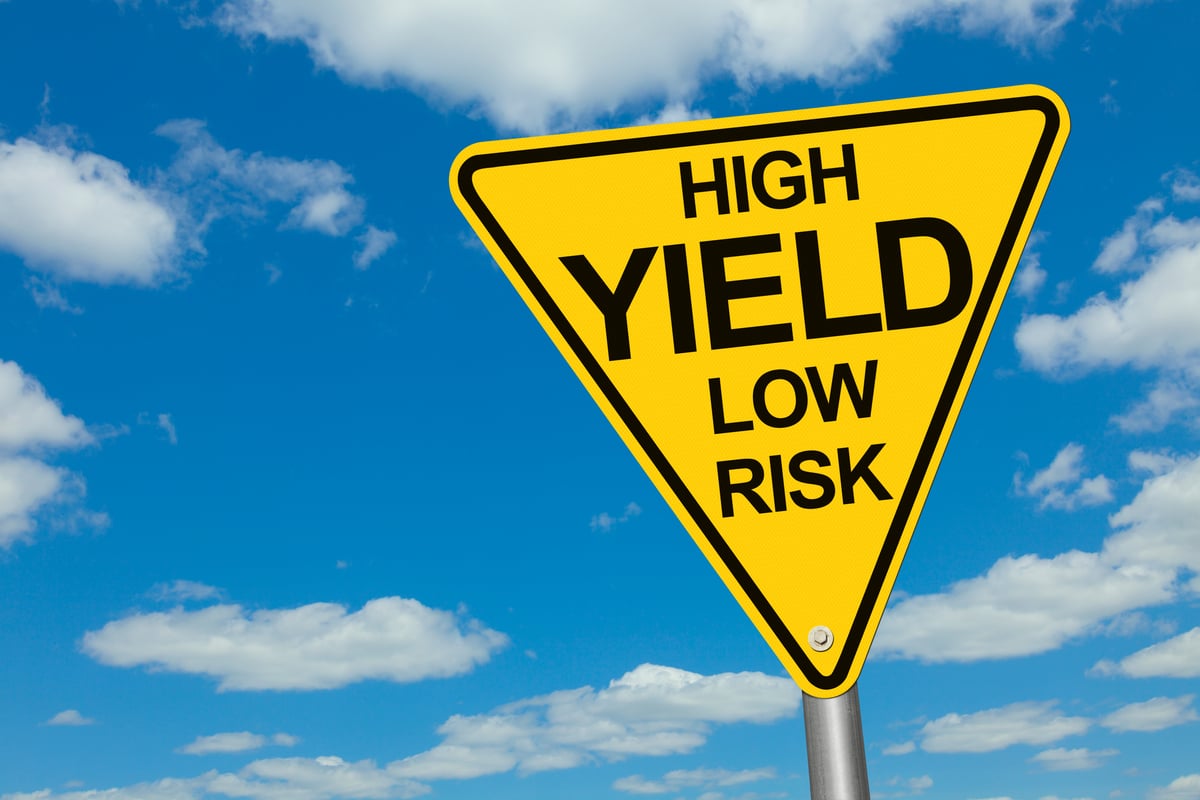
Source: Screenshot from "Diet Coke. You're On" commercial.
So gun-shy is Coca-Cola (KO 0.23%) about falling sales of diet soda that a recently launched ad campaign was quickly pulled after online mockery indicated it was making veiled drug references. Although in context the "You're On. Diet Coke" tagline doesn't seem offensive, and in many instances, didn't easily lend itself to suggestive reinterpretation, there were plenty of other places where the placement of the word "diet" was curious such that it came off as reading "You're On Coke."
Parody ads surfaced just as quickly, making the connection much more obvious, and as it gained momentum Coca-Cola was forced to issue a statement, saying it didn't condone illicit drug use. But as AdWeek speculates, "The campaign's wording is so obvious, I'd bet client and agency went this route on purpose." Maybe there was an attempt to build up street cred by being blatant about it, but Coke says killing the campaign was simply a case of it being time to move on.
Coca-Cola needs something to juice sales, though, as it has more problems than just double entendres. Diet Coke volumes have been on an eight-year slide and over the past three years the decline has accelerated. According to Beverage Digest, volumes fell 6.8% last year while sales were down 6.9%. It's sold nearly 20% fewer cases of Diet Coke since 2007, while regular Coke was down by half that rate.
Part of the problem is that Americans are just drinking less soda overall, with the industry group pointing to a 3% drop in soda sales overall in 2013 -- more than double the falloff the year before -- while Citi Research says they're down 2% already over the first 12 weeks of 2014.
Much of the problem can be laid at the industry's use of artificial sweeteners like aspartame, high-fructose corn syrup, and acesulfame potassium, or "ace k," as it's known, which are growing increasingly unpopular because of concerns regarding their health effects. Coke has tried to stanch the bleeding with the introduction of the more natural sweetener stevia, first tested in Argentina and now being made more broadly available, but its success remains to be seen as its Sprite brand with stevia saw sales drop even faster after its introduction, going from a 7.3% decline in volumes beforehand down to a 9.2% drop afterward.
It can't be denied the new Coke ad campaign got people talking about Coke's soda again, and though it was wrapped in a discussion about illicit substance abuse, it wasn't nearly as much of a public relations disaster as the promotion the soda maker ran in Canada last year, where it paired one English word with a French one under bottle caps and had the unfortunate result of a girl with a developmentally disabled sister getting the combination "you retard." That campaign was quickly scrapped as well.
As companies try to boost sales, they often want to get edgier with their marketing, but that entails a lot of risks. For its part, Coca-Cola says the Diet Coke campaign simply has run its course and it's on to bigger and better things now. With a commitment to spending an additional $1 billion over the next three years, up from $3.3 billion in 2013, Coca-Cola can't afford to waste shareholder resources on frivolous pursuits if it hopes to reverse the course of falling soda sales.






